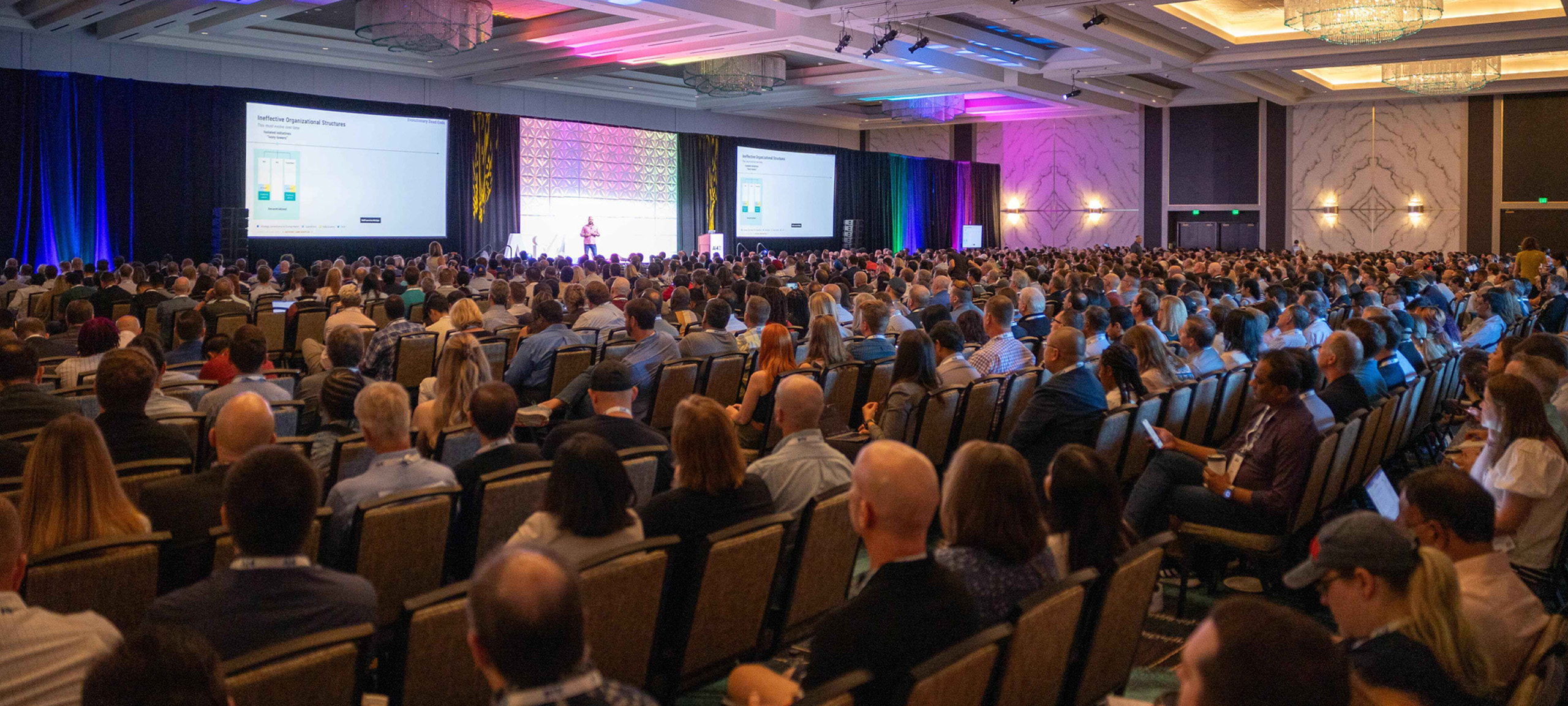 BACK
BACK
Let’s Talk About Knowledge Graphs: Understanding and Tackling Social Problems Through Networks and AI
By Jason JepsonApril 07, 2020
In this interview with Dr. Mayank Kejriwal a Professor at USC, we're given an overview of Dr. Kejriwal's work on AI and network science for tackling problems. We've included a short transcription of the interview, beginning at 15:25 of the podcast, but you can listen to the full podcast here.
Jason: [...] Isn't that what you've seen on the internet with knowledge graphs, right? Where if you think you've got this freedom to search anything, I'm going to go to the search bar and type in what I want. I'm just going to get the result that I need and really there's no freedom there. It's devised to drive you to the location they want to drive you to. It is representative of a false sense of security and freedom. And for the small businesses that don't comply or can't afford to or can't do anything in that specific ecosystem, there is more harm than good.
Dr. Kejriwal: Yes. I think so. I mean, the big companies and the government, they could cull the data, right? So, ultimately it's the knowledge graph -- it’s a search technology, first and foremost. Although it's useful for other things also, but, you know, it always had its origins and surge. And the modern origins of the last 10-15 years.
And the search engine, Google, obviously was the one that popularized the phrase and sort of showed that it's possible to do rich searches by using the knowledge graph. But ultimately what everyone forgets is that when you bend the knowledge graph, that is the underlying data, right? And, and there's so much data that you can slice and dice it up in a very normative way. For example, if there is a very small fraction of people who give you a dissenting opinion or give you news or data that is not conforming with the vast majority, then it's quite possible that these algorithms will weed you out. And I will sort of think of you as an anomaly or as sort of a minority opinion that doesn't deserve to have the same weight in the search ranking than results as the majority opinions. When we think about these knowledge graphs, we have the belief that the experts know best and so if there's a data set that is coming from an expert, then that should be trusted more than a non-expert.
Now in many cases, this is true, but it's become very difficult to distinguish between the factual knowledge and what I would call the “dialectic knowledge,” which is the opinions. So, you have the experts with a lot of knowledge on the disease and how it spreads and the models and so on. There are some very interesting models in epidemiology and that's kind of how they make all the predictions about the spreading. These are mathematical models that these experts are aware of. They know how to use them and how to estimate the parameters. That informs policy so we start assuming that the experts are also very good at making policy.
I think that is where there's a danger. When we are presenting something as expert or as very high-quality knowledge when it really isn't because it's an opinion based on knowledge, but it's possible to come up with an alternate opinion and an alternate opinion gets shut out because of the snowball effect. You know that you have some experts’ publications and other people pick that up and start promoting it and it goes higher and higher up on the search engine and it gets more and more confidence in the knowledge graph. And then before you know it, everything else that descends from that becomes low quality knowledge.
I feel like knowledge graph technology, if it's used in the right way, is a very good way to bring some of the dissenting opinions and alternate interpretations to the forefront and also to separate the facts from some of the more policy-oriented or opinion-oriented kind of knowledge with the right modeling. So you have to have the right people doing this and building the knowledge without introducing their own biases and so on. And also the fact that machine learning has been used to build a knowledge graph, maybe a little bit noisy, so all of those things have to be taken into account. However, I do think that there is a way to use knowledge graphs to actually be more democratic in the dissemination of knowledge. Whether that's actually happening or not is up for debate. [...] Listen to the full podcast here.
Recent Posts

Top AI Conferences of 2024
By Jessica GallagherApril 17, 2024

Developing Computer Vision Applications in Data Scarce Environments
Introduction In today’s digital era, computer vision stands as a transformative technology, driving innovations across...
By Sumedh DatarDecember 12, 2023

5 Effective Risk Management Strategies When Trading in Crypto
Cryptocurrency has slowly made its way into the mainstream, and more people have begun thinking...
By Trix MejiaFebruary 25, 2022